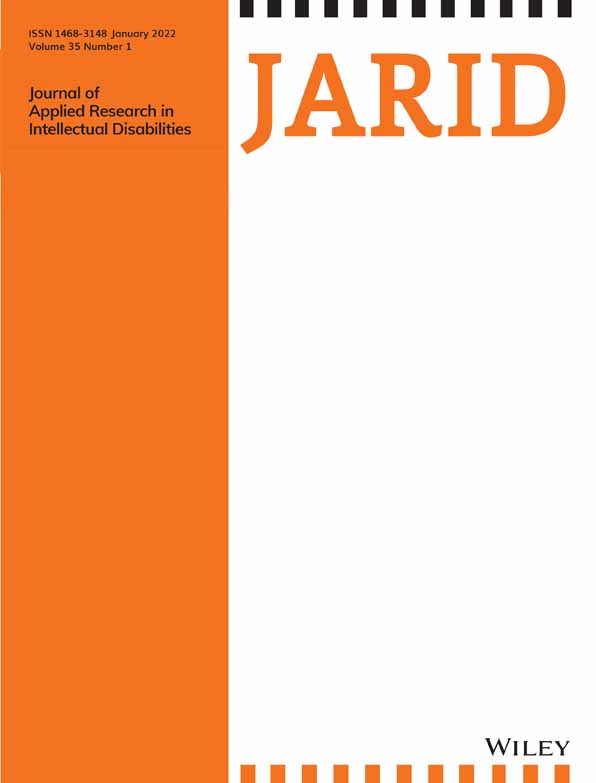Exploring perceptions of positive mental health in young adults with intellectual disabilities
This article is based on the thesis completed by the first author at the University of British Columbia.
Abstract
Background
Despite having higher levels of mental health difficulties than the general population, limited research exists about how individuals with intellectual disabilities view mental health. Providing education about mental health literacy can contribute to maintaining positive mental health. Individuals who understand positive mental health are more likely to take steps to improve their mental health.
Aims
This study explores how young adults with intellectual disabilities conceptualise and define the concept of positive mental health.
Materials & Methods
Eight participants were interviewed using phenomenographic methods.
Results
Using phenomenography as the approach, four categories of description emerged from the analysis and included defining positive mental health as related to physical health, lack of clarity about positive mental health, positive qualities (emotions and actions) and mental health components.
Discussion
This study highlights the need for further research, exploring how to provide support through psychoeducation to individuals with intellectual disabilities about mental health.
CONFLICT OF INTEREST
The authors declare there is no conflict of interest.
Open Research
DATA AVAILABILITY STATEMENT
The data that support the findings of this study are available on request from the corresponding author. The data are not publicly available due to privacy or ethical restrictions.




